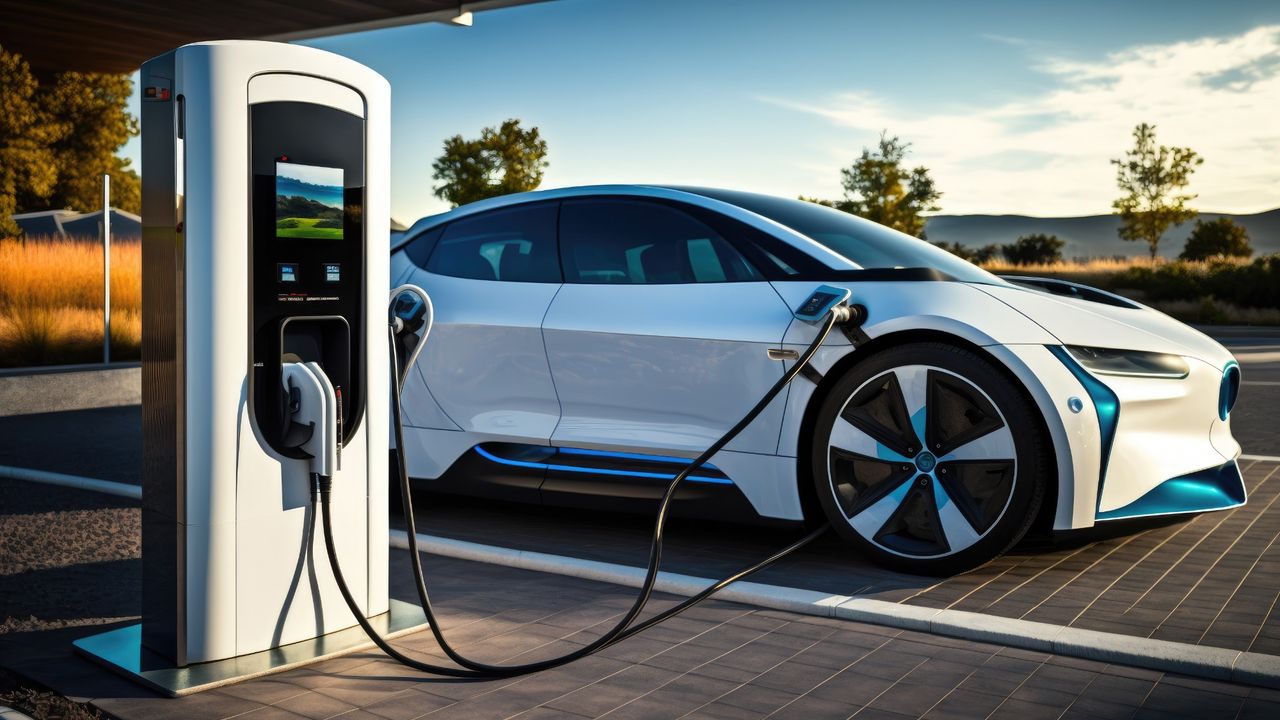Electric Vehicle Adoption Rates and Trends: Exploring Technology Advancements and Charging Accessibility
Over the past decade, electric vehicles (EVs) have gained significant traction in the automotive industry. With technology advancements and increasing environmental concerns, more and more consumers are embracing the idea of owning an electric vehicle. This article delves into the current adoption rates and trends of electric vehicles, as well as the importance of charging accessibility.
Technology Advancements Driving Electric Vehicle Adoption
One of the key factors contributing to the rise in electric vehicle adoption rates is the rapid advancement of technology. EV manufacturers have made significant strides in improving battery efficiency, range, and overall performance. The development of lithium-ion batteries, for instance, has revolutionized the electric vehicle industry by providing longer driving ranges and faster charging times.
Moreover, the integration of smart features and connectivity options in electric vehicles has also played a crucial role in attracting consumers. Many EV models now come equipped with advanced infotainment systems, smartphone integration, and even autonomous driving capabilities. These technological advancements have made electric vehicles more appealing and competitive in the market.
Increasing Adoption Rates of Electric Vehicles
The adoption rates of electric vehicles have been steadily increasing in recent years. According to the International Energy Agency (IEA), the global electric car stock surpassed 7.2 million vehicles in 2019, representing a 40% increase compared to the previous year. This growth can be attributed to several factors.
Firstly, governments around the world have been implementing various incentives and subsidies to encourage the adoption of electric vehicles. These incentives include tax credits, rebates, and exemptions from tolls and congestion charges. Such measures have made electric vehicles more affordable and financially attractive to consumers.
Secondly, the growing awareness and concern about climate change and air pollution have also driven the adoption of electric vehicles. Many consumers are now actively seeking environmentally friendly alternatives to traditional gasoline-powered cars. Electric vehicles, with their zero tailpipe emissions, offer a sustainable solution to reduce carbon footprints and improve air quality.
The Importance of Charging Accessibility
One of the critical factors influencing the widespread adoption of electric vehicles is the accessibility of charging infrastructure. Charging infrastructure refers to the network of charging stations that allow EV owners to recharge their vehicles conveniently. The availability and accessibility of charging stations play a crucial role in alleviating range anxiety and providing peace of mind to electric vehicle owners.
Fortunately, the charging infrastructure for electric vehicles has been expanding rapidly in recent years. Governments, private companies, and utility providers are investing heavily in the deployment of charging stations across cities, highways, and residential areas. This expansion aims to ensure that electric vehicle owners have easy access to charging facilities, regardless of their location.
Furthermore, advancements in charging technology have significantly improved the charging speed and convenience. Fast-charging stations, also known as DC fast chargers, can charge an electric vehicle up to 80% in just 30 minutes. This development has made long-distance travel more feasible for electric vehicle owners, as they can quickly recharge their vehicles during pit stops.
Conclusion
As technology advancements continue to enhance the performance and appeal of electric vehicles, their adoption rates are expected to rise even further. The combination of government incentives, environmental concerns, and the increasing accessibility of charging infrastructure has created a favorable environment for the growth of electric vehicles. With ongoing efforts to improve battery technology and expand charging networks, electric vehicles are poised to become the future of transportation.
